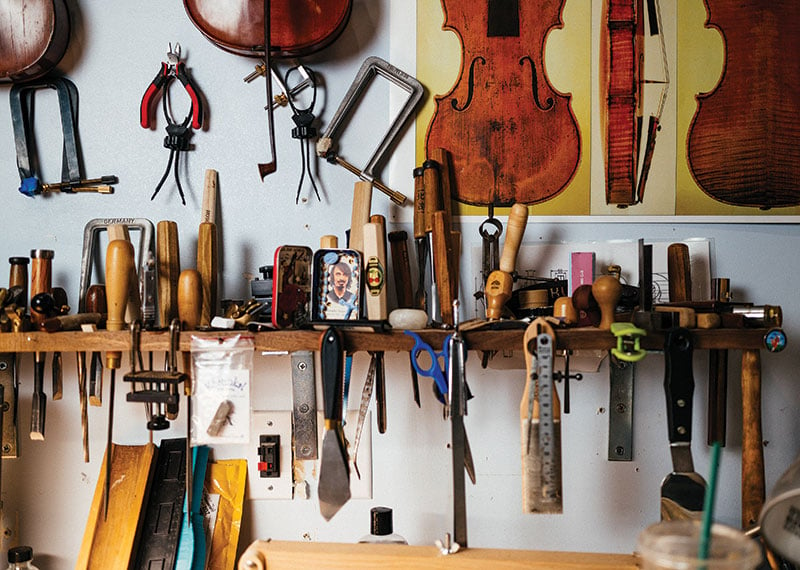Storytelling: A Fading Pastime

“Dans ce temps-ça, ils onviont pas beaucoup des affaires à faire d’autre chose que s’assir et conter des contes.” (“In those days, they didn’t have many things to do besides sit down and tell stories.”) Between the time that Marcellus Deshotels — whose jeune temps (“younger days”) his son, Elby “Grand Bee” Deshotels, is talking about here — was a young lad, sitting on the porch with his brothers, sisters, cousins, and friends, listening to the old people exchange stories and fill the evening with laughs and scoffs, whistles and shouts of surprise and incredulity; and the time that his son Bee spoke these words — during a 1975 conversation with Dr. Barry Ancelet and défunt (“the late”) Mr. Revon Reed — the world had seen many changes. Défunt Bee, born and raised in l’Anse-Grise (“Gray Cove”), a rural neighborhood between the towns of Mamou and la Prairie-Pinière (“Pine Prairie”), himself grew up in a time quite different from our own, but his generation, during the middle of the last century, experienced firsthand the technological revolution that led to the arrival and soon eventual ubiquity of radio, graphophones (“music-players”), and television, and ultimately, of course, the computers the Internet and smart phones of today. As the years passed, this generation also witnessed these new technologies displace — indeed, almost completely replace — many traditional forms of amusement (“entertainment”), including one that has characterized the human experience from our very earliest beginnings in prehistory: le racontage de contes (“the telling of stories”).
Today, whenever we have a question that we’d like answered or we have the envie (“desire”) to learn about a given topic, it has become more and more easy to simply sortir (“take out”) our phones or ouverre (“open”) a book and find the information we seek carrément (“right away”). Likewise, if we want to listen to, read or watch a story or any other piece of fiction or nonfiction, we have choices en masse et en pile (“in large amounts”) available right at our fingertips, anytime and anywhere. Les autres fois (“in the olden days”), however, in a society that lacked the ability to record the human voice and the cultural information that it carries, and one that was for the most part illiterate, where daily life rarely encountered the written word, the only way to encounter anything at all, any piece of what we call culture — whether it was a chanson (“song”), a tit conte (“story”), a farce (“joke”), a piece of family history, a superstition, a dit-on (“saying”), a natural observation, a religious idea, a piece of marriage advice, a warning, etcetera and so forth — was either to know it already, or else to know someone who did. An important and quite obvious consequence of this preliterate cultural mode termed oralité (“orality,” as opposed to cultural expressions mediated by the written, or otherwise recorded, word) is that if something is not passed on to the next generation, the thing in question, without any other way to record it than the human memory, will be completely, totally and forever forgotten. But there is a corollary to this fact: since our memories are not infinite, those elements of tradition oral populaire (“oral popular tradition, folklore”) that do survive from one generation to the next are almost by definition those things that are interesting or relevant enough to retain currency and continue to be shared and propagated — which means that, even for the stories and lore that trace their ultimate origins back to the distant past, in such a society, these pieces of culture always remain dynamic, in constant evolution, and, quite simply, amusant (“entertaining”) and servable (“useful”).


